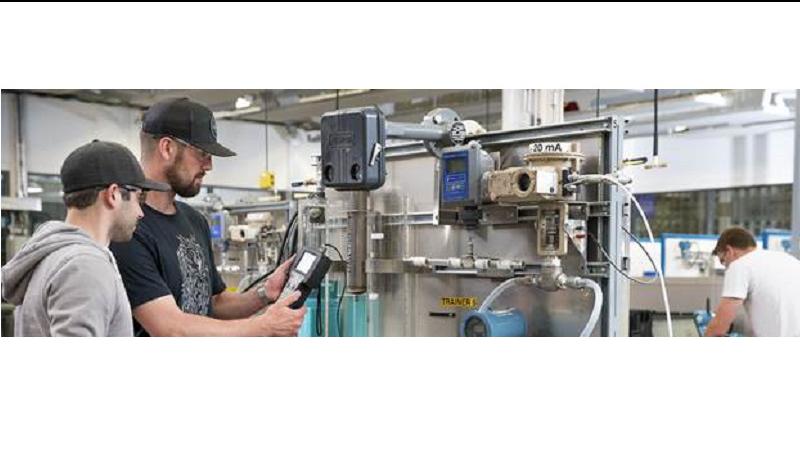
COVID-19 inspires innovation in RDC engineering technology programs
A ‘new normal’ created by the COVID-19 pandemic has inspired innovation from instructors at Red Deer College’s (RDC) three engineering technology programs.
Not only has RDC moved to a blended, online delivery model with theory classes taught virtually, it is using software that recreates lab activities by connecting students to computers in the labs, enabling them to access lab equipment remotely from home.
Also available to students are software simulations that facilitate virtual lab experiences, allowing them to operate machines remotely and take measurements without setting foot in a lab.
“Engineering technology instructors have marshalled their trademark ingenuity and inventiveness in finding solutions to keep Alberta engineering technology students on track to completing their education and advancing into successful careers, despite the pandemic,” say officials with ASET (Association of Science and Engineering Technology Professionals of Alberta), in a press release.


